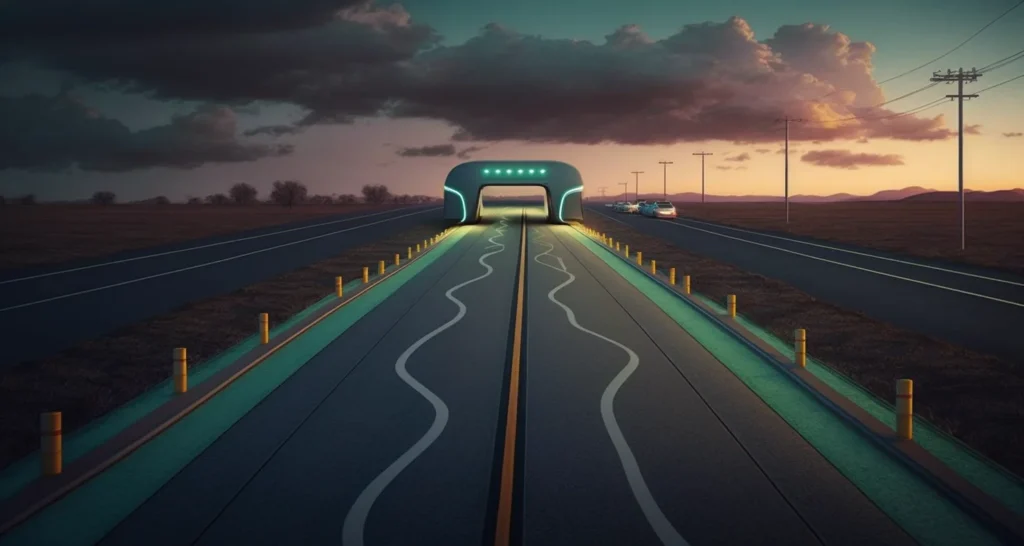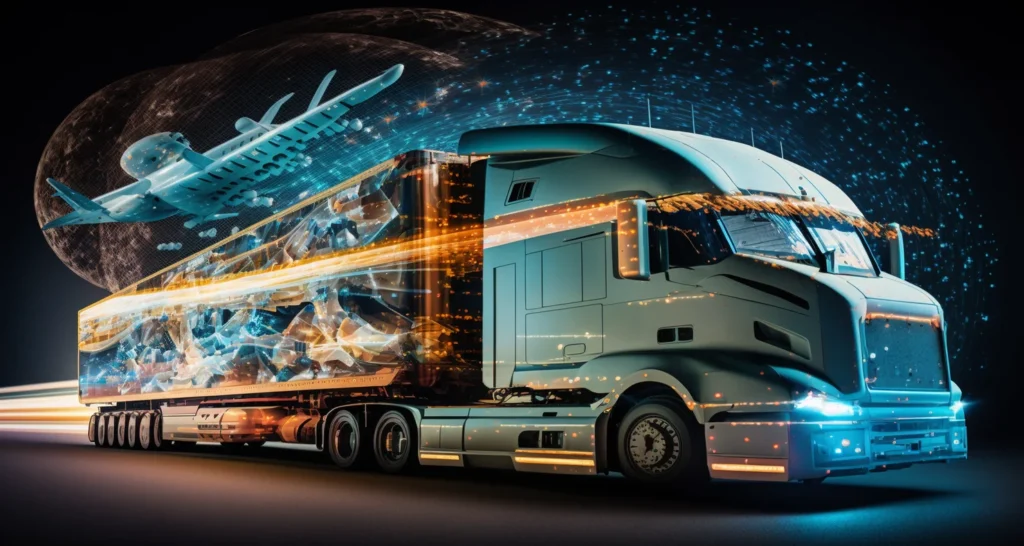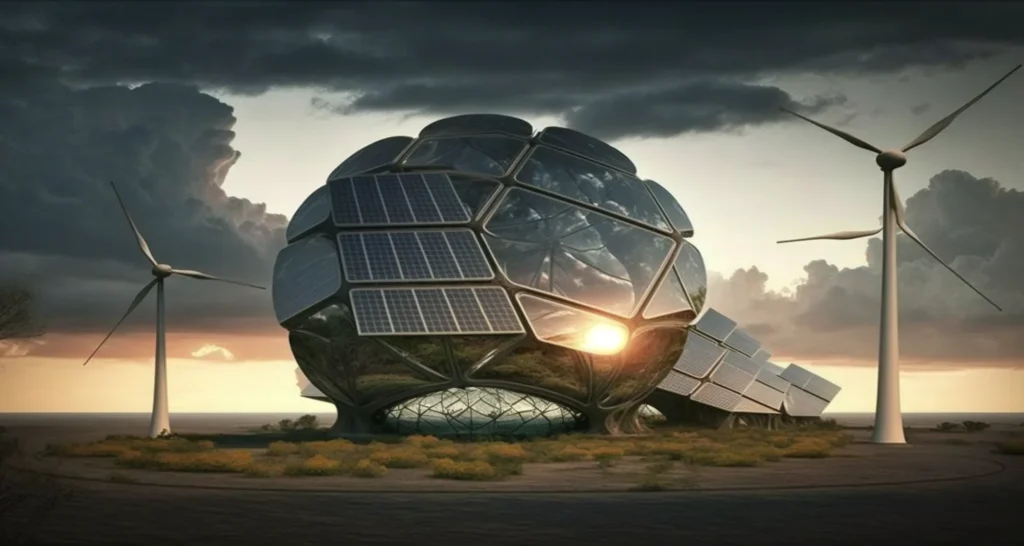Electric cars are expanding mainly due to their eco-friendly operation. But a new study proves that electric vehicles are not as ecological as they face. Are diesel cars more environmentally friendly than electric cars?
Perhaps the most important trend in today’s automotive world is the electrification of cars, a gradual shift from conventional combustion engine models to different hybrids and electric cars. This is mainly motivated by a quest for cleaner drive, hybrids and electricians simply emit fewer emissions than cars with a combustion engines. However, as the Berylls Strategy Advisors study suggests, electricians may not be as ecological as they are trying to present.
Ecological threads highlights
The company, presenting itself as the only relevant consulting company working exclusively for the automotive industry, highlights the ecological threat of electric cars in the form of their lithium-ion accumulators. Depending on where the particular electric car is produced, its battery production produces a high carbon footprint.
According to the company, it is so high that in some countries electric power takes 10 years to be environmentally friendly compared to a conventional diesel car. Thus, after 10 years of pure, non-emission-free operation, the high emissions emitted during the production of the electric-powered car are compensated. According to the company, the production of 500 kilograms of a heavy battery for an electric vehicle in a fossil fuel factory means 74% higher carbon emissions than a conventional car.
In particular, in neighboring Germany, it is a bit better, but not quite ideal. Berylls estimates that in Germany the driver can run a regular car with a three-and-a-half-year combustion engine or drive 50,000 kilometers with it before the Nissan Leaf electric car is ecologically worthwhile due to its coal-fired power stations. In the Czech Republic, the situation is similar, as the high share of non-renewable resources in electricity generation is similar to that in Germany. Leaf, however, has a lower battery capacity (30 kWh) compared to modern electric cars, and for other cars with larger batteries, the time it takes us longer to pay for emissions.
35 percent fewer emissions by electric cars
“Electric cars seem to have a 35 percent reduction in emissions, leaving no emissions during the journey. But when we consider it from production to operation, the situation does not really improve. Electricity generation, including electric vehicles, is strongly dependent on fossil fuels in many EU countries. And the climate is whether carbon dioxide emissions come from the exhaust, or whether it is released when burning lignite to produce electricity or energy-intensive battery production, “comments Jan Burgard of Berylls.
Electromobiles, perhaps with zero local emissions, will help clean the air in cities, but from a general point of view, they are similarly burdensome for the environment as cars with a combustion engine.
In Germany or Poland, for example, it is still worthwhile for people to drive a diesel-powered car to make a smaller carbon footprint. In these countries, electricity is mainly generated from non-renewable power plants. The same applies to China, which today strongly supports electric cars.
This implies that individual states should focus on emissions emitted throughout the life cycle of a car rather than solely on emissions during its operation. That would make it clear that those bans on cars with combustion engines do not make any sense.













